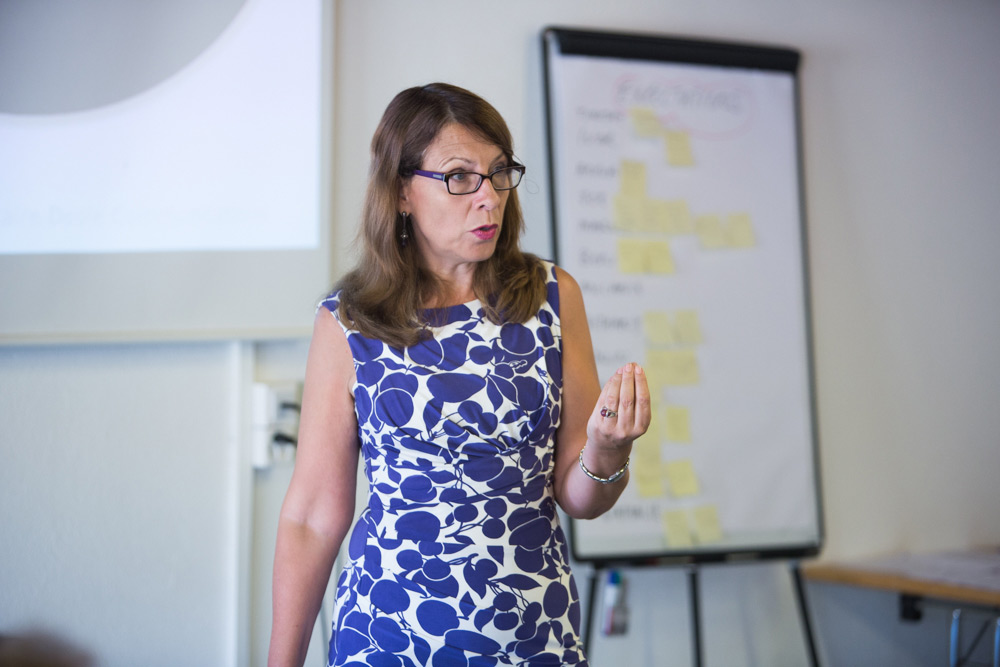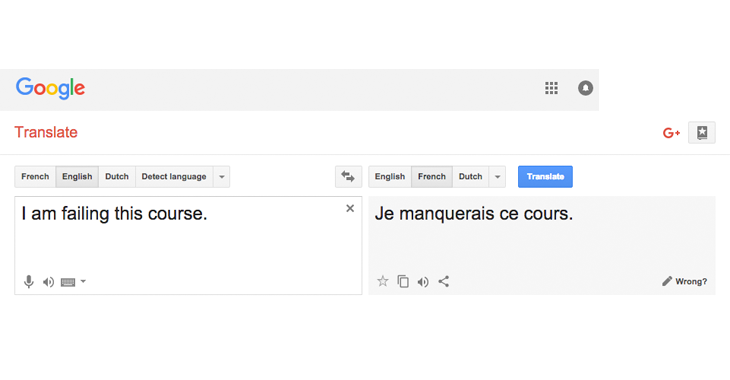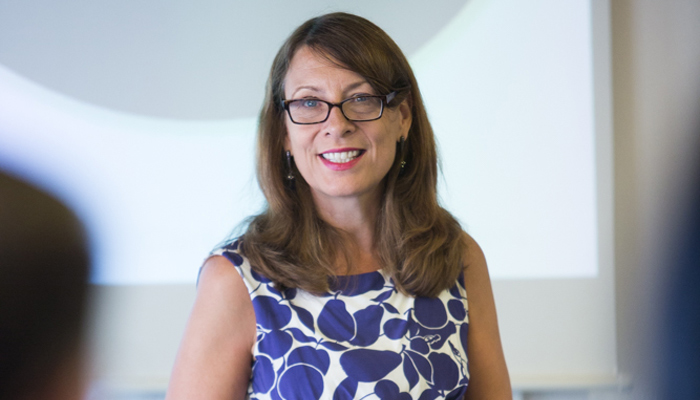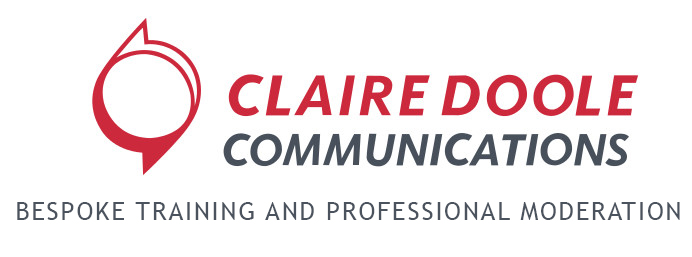
by Jean Milligan | Feb 3, 2016 | Blog, Writing
Psychologists have proven that we make major decisions about one another in the first seconds of meeting. This means you do not get a second chance to make a positive first impression.
This is also valid for your report or business plan. The executive summary is where your reader makes his or her first impression about your ideas, information or recommendations. Readers often make rapid decisions by just scanning it. This means your future could depend upon its quality.
Writing an executive summary takes time and effort. Basically, it needs to summarise the main points and conclusions or recommendations. It should answer these questions:
• What is the document about?
• Why is it important?
• What are your propositions or recommendations?
To get started, here are some guidelines to help when drafting text.
Keep it short. It shouldn’t be longer than two pages. As one business writer puts it “If you can’t sell your idea on paper in two pages, well then perhaps you need to reconsider your business idea.”
Use a simple and direct style. It should read like a standalone document giving the essentials, and, of course, do avoid jargon or technical terms unknown to your reader.
Begin with stating the purpose. Your audience may have a limited amount of time so they need to know this from the start.
Present the key points in the same order as they appear in the main document.
Highlight the results, conclusions, or recommendations. Be clear as you don’t want your readers trying to guess the outcomes.
Don’t insert information that is not in the main document.
Check to ensure your summary answers the following questions: Are the key messages evident? Are the main outcomes or recommendation included? Could my readers scan the summary without missing any necessary information? Is the summary compelling enough to persuade the reader to go through the full document?
The last stage is to proofread and edit for language and grammar. Nothing loses a reader’s interest more rapidly then spelling mistakes.
Executive summaries are not simple to write. They require a degree of creativity and a strong capacity to synthesize. To make sure you have got it right, ask a friend or family member to read your summary and tell you if it provides a clear overview and compels the reader to want to learn more.

by Claire Doole | Jan 5, 2016 | Blog
The emissions scandal continuing to engulf the German carmaker Volkswagen shows that no company, however large or well established, is immune to a crisis.
How a business or organization responds and communicates when things go wrong can mean the difference between limiting damage to reputation and causing more harm destroying years of brand building. The body language of Martin Winterkorn, former CEO, is an example of how not to appear in front of the world’s media when your company is in meltdown.
After rigging its vehicles to cheat on pollution tests, VW has seen its sales plummet and its reputation in tatters. The decision by the US Justice Department to sue VW will no doubt only exacerbate the situation.
History is littered with corporate crises and yet firms all too often fail to plan ahead. So how should you best prepare for the worst?
At Claire Doole Communications, we run courses on how to communicate in a crisis. Below are 5 of our top tips:
1. Prepare a communications plan before a crisis. We find that companies are often well prepared operationally for emergencies, but they don’t know what to do when the crisis affects reputation. They lack a robust crisis communications plan before a disaster strikes. A crisis communication plan should cover preparation, response, resolution and recovery.
2. Identify potential crises. Some crises may be internal such as job losses, legal cases, accounting scandals. Others may be external, such as a natural disaster or criticism by key stakeholders. It is important to recognize the type of crisis you are facing as this will help to pinpoint the groups of people you will need to communicate with.
3. Put people in place. Assemble a team, which includes senior management and communications staff who have been media trained. Once a crisis breaks the chief executive should first take ownership of the crisis and speak to the media before handing over to the crisis team.
4. Get information. Communicate from an informed position and separate fact from rumour. Become the source of reliable information and keep the information flowing.
5. Commit to learn lessons. You can recover from crises and emerge stronger, if you demonstrate that you have learnt your lesson. Communications in recovery mode need to be based on substance not spin. Remember actions speak louder than words.
Claire Doole Communications runs crisis communications courses for companies and organizations. For more information see www.doolecommunications.com.

by Claire Doole | Nov 2, 2015 | Blog
We all overestimate how much people remember of what we say.
Studies show that when people are asked what they recall immediately after an evening’s broadcast, very few spontaneously remember more than two news items. And these are newsworthy stories presented by professional broadcasters!
So how can you make sure that your messages are memorable? One of the most powerful methods is to use a STAR moment – include in your presentation “something your audience will always remember.”
Neuroscientists and cognitive psychologists say that good storytelling emerges from “violations of expectations.” The STAR moment does exactly this, surprising and hooking the audience’s attention so your message sticks.
Take a look at a famous STAR moment by Bill Gates, who in his TED talk opened a jar filled with mosquitos while talking about malaria to a room filled with potential donors.
I used this example while giving a 20-minute master class in Geneva on managing audience attention span.

by Jean Milligan | Oct 8, 2015 | Blog, Writing
I begin my writing workshops for non-native English speakers by expressing my respect and admiration for their efforts. I can speak and read in French fluently, but my attempts to write in it begin with Google Translate.
I follow the simple steps, and enter my English phrase in the box on the left. When the French translation pops up, I can tell it is not quite correct. I try to modify it, but I know I am making it worse. When I am really struggling, I retranslate the French sentence back to English. The result quite often is far from what I originally wrote.
So what is wrong? Google Translate lacks context. The automatic process cannot know if my sentence is part of an email for a family member or a job application. The nuances of word use or grammar for different types of written communication are difficult to standardize. In French, it is even more complex as you have a personal manner of communicating and a more formal one. There is the option that provides other suggested translations, but I am convinced this only complicates matters rather than helps.
In the end, I call for human help. My French friends’ laugh at the errors in my Google translated document and transforms it into something more serious.
I am not telling anyone to stop using Google Translate. I would be lost without it. Machine-generated translations, like Google Translate, are the result of the collaboration of thousands (in Google’s case millions) of people translating millions of words in over 90 languages.
I think though these translations lack the finesse to understand the context of your written material and to make judgments on which word, style or punctuation would be appropriate. So you need to be cautious when using automatic translation tools. They still lack the capacity to understand the person or audience you are writing to or for, and the most appropriate way to do it. It does give you a good start.

by Claire Doole | Sep 9, 2015 | Blog
I was delighted to be asked by the Geneva Centre for Education and Research in Humanitarian Action (CERAH) to be a guest speaker on their new massive online open course (MOOC).
Every year I run presentation and media training courses for students at CERAH, a joint centre of the University of Geneva and the Graduate Institute of International and Development Studies (IHEID).
I am not trying to win the prize for the most acronyms in a sentence, honest!
But I do try and walk the talk during my courses. I was told that my body language was so “expressive” that I must give some tips and techniques for the video module produced by the University of Geneva.
So, do click on the video below.





